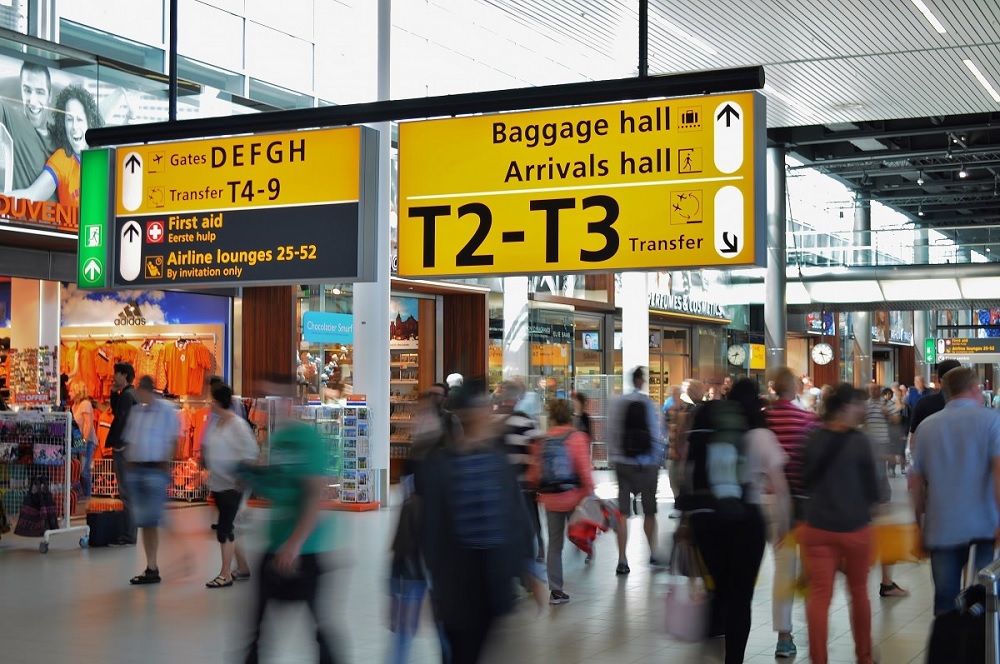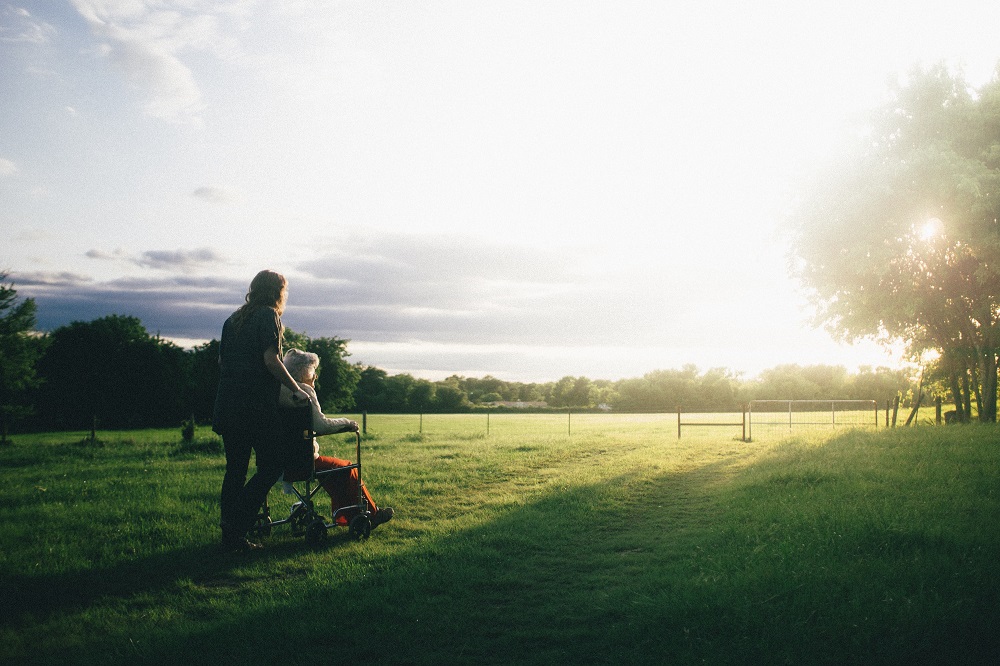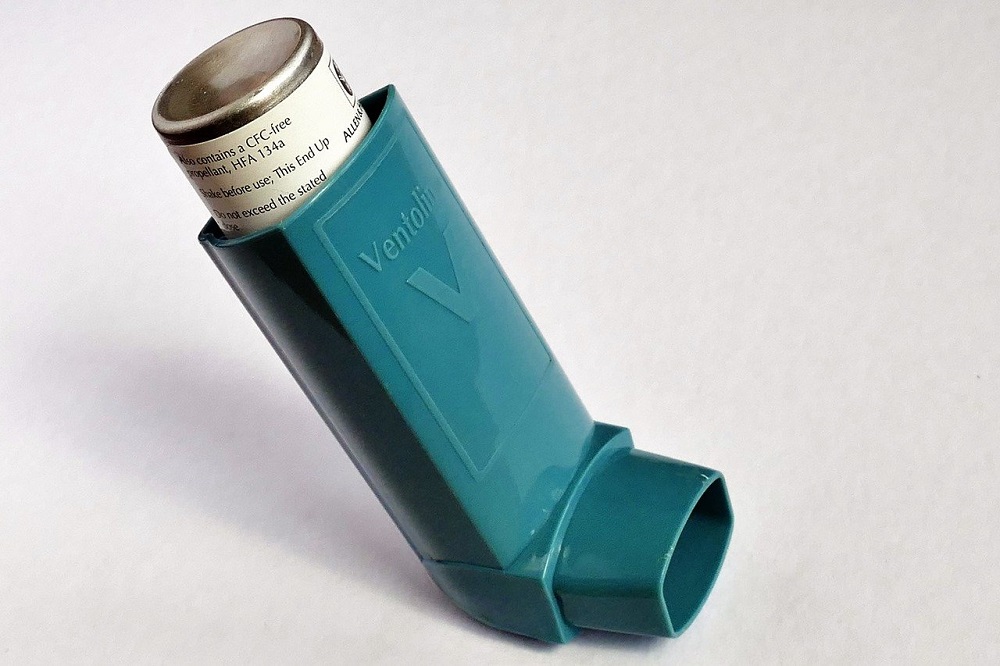News in brief: Minister warns of travel risks as seven countries are added to the UK’s green list

Health Minister Eluned Morgan has confirmed Wales will follow the UK Government’s latest amendments to the international travel restrictions and will add both Montenegro and Thailand to the red list.
Denmark, Lithuania, Finland, Switzerland and Liechtenstein, the Azores, and Canada have also been moved to the green list under changes that will come into effect at 4am on Monday 30 August.
Travellers from countries on the green list do not need to quarantine upon arrival regardless of whether they are fully vaccinated but are required to take a Covid-19 test before arrival and on day 2 of their stay and complete a passenger locator form.
All arrivals from red list countries must undertake a 10-day quarantine in a government mandated hotel.
In a written statement announcing the changes, the minister said: “I continue to call for caution against international travel for non-essential reasons this summer. There remain clear public health risks posed by re-opening international travel and of importing cases and variants of concern from abroad including vaccine escape variants.
“As Wales shares an open border with England, despite the fact that we are concerned about the risks related to travel, we believe that there is no practical way the Welsh Government can develop its own border health policy in isolation from the other nations of the UK.”
‘Robust surveillance’
“I continue to press the UK Government for reassurances that it will be maintaining consistent and robust surveillance – including pre-departure tests, PCR testing on day 2 and the genomic sequencing of results as one mitigation against importing vaccine escape variants.”
Thailand has been placed on the red list following a surge in cases of the Beta variant from which the current vaccines available give reduced protection.
There have been just over 40 cases of the variant in Wales since it was first identified in South Africa last year.

ONS records further jump in Covid cases in latest study
The percentage of people testing positive for Covid-19 in Wales has continued to rise according to the latest figures released by the Office for National Statistics.
Over the week ending 20 August it’s estimated that 25,200 people had Covid a 7% increase from the previous week, and the equivalent of 0.83 of the population.
Cases have continued to fall in Scotland, which currently has the lowest infection rate in the UK with 0.7% of the community population estimated to have the virus.
In England, the percentage of people testing positive for coronavirus increased from 1.28% to 1.39%, while Northern Ireland continues to record the highest rate with 43,300 people estimated to have the virus, up from 1.92% to 2.36% over the previous seven days.
Meanwhile Public Health Wales has recorded five further deaths due to Covid in Friday’s report and 1,791 new cases of the virus.
Three of the newly recorded deaths were in the Betsi Cadwaladr health board area and both Cardiff and Vale and Cwm Taf Morgannwg each recorded one further death. Since the start of the pandemic 5,662 people have died in Wales with coronavirus.
In the seven days up to 22 August 10,819 people have tested positive, taking the national case rate to 343.1 per 100,000 people, up from 334.1 yesterday. The seven-day test positivity rate has also increased from 17.7% per 100,000 tests in yesterday’s report to 17.9%.
Swansea has recorded 243 new cases since yesterday’s update and has the worst case rate in Wales and the 18th highest in the UK at 532.4 up from 498.4 yesterday.
Five of the 22 Welsh local authorities currently have weekly case rate in excess of 400.

£2.5 million boost to help improve recruitment into social care
New funding has been announced to support innovative projects to help improve recruitment into social care and boost local Welsh NHS spending.
The Welsh Government is providing a further £2.5 million of support for projects which include:
- Social Care Wales: £200,000 to tackle recruitment and retention challenges in care homes, offering 960 new training places;
- NHS Wales Shared Services Partnership (NWSSP): £500,000 for work to enable the Welsh NHS to deliver plans to spend an extra £8.4 million with local businesses. This will also support the Welsh NHS to develop a ‘Foundational Economy Health Plan’, which will set out how more Welsh NHS spending can support local economies;
- Digital High Streets: £200,000 to grow the digital capability of 1,000 businesses in towns on high streets across Caerphilly, RCT and Blaenau Gwent local authority areas by helping them set up delivery and click/collect services;
- Flintshire Micro Care Project: £92,000 is being made available to the local authority to promote the growth of micro-care services offering localised care and support services. This funding will allow the local authority to build on success to date and will support the establishment of more micro-care businesses and embed them into commissioned services to provide care and support for people in their own homes.
“Social care are vital services that makes a real difference to people lives, by enabling them to continue to live independently in their own homes or providing 24 hour care within a care home environment,” Deputy Minister for Social Services, Julie Morgan said.
“We are committed to ensuring the right people, with the right skills, work throughout social care and this funding to help nurture and grow the foundations of our local economies, along with the recruitment campaign, will enable us to encourage more people to take up employment in the sector.”

Charity warns of asthma spike as children return to school
A leading respiratory charity is warning of a possible spike in asthma attacks in children when schools re-open in Wales next week a leading respiratory charity is warning.
Asthma UK & British Lung Foundation Wales is advising parents of children with asthma to download the asthma for parents’ app NHS Wales has developed to reduce the risk of a potentially-life threatening asthma attack.
Every year asthma attacks in children across the UK spike when they return to school after the summer break as they get out of the routine of taking their preventer medicine, making them more sensitive to triggers when they go back to school.
Changing schools can be a particularly risky time for children with asthma, because of the amount of change and the subsequent stress they experience.
“It’s vital that parents act now to help protect their children when they go back to school. Unless children’s medication and plans are up to date, we could see a sharp spike in the number of asthma attacks upon the return to school,” Joseph Carter, Head of Asthma UK & British Lung Foundation Wales, said.
“Now is the time to join the thousands of other people with asthma across Wales who have already downloaded this new app to manage their asthma care.”

Decision due on controversial 32,000 bird chicken shed
Gareth Williams, local democracy reporter
A decision is set to be made next week on a proposed chicken shed that would house up to 32,000 free range birds on Anglesey.
Plans for the egg production facility at Cae Mawr, Llannerch-y-Medd, attracted opposition in the form of a 18,000 signatory petition by animal rights activists when the plans were first unveiled last year.
But ahead of a committee meeting on Wednesday, a report by Anglesey Council planning officers recommends that the plans should be approved.
Committee members, who have already visited the site for themselves, are being asked to green light the plans despite the opposition of bodies such as Llannerch-y-Medd Community Council, who fear the environmental impact, potential increase in traffic and highways safety concerns.
Other bodies, however, are recommending conditional approval including Natural Resources Wales and the authority’s Ecological and Environmental Advisor.
According to the planning report, as well as the petition organised by People for the Ethical Treatment of Animals (PETA), 31 letters of objection have been received on the basis of factors including the potential impact on tourism, the environment, landscape and an increase in traffic.
‘Suffering’
Peta activists, meanwhile, have called for the plans to be scrapped,“sparing thousands of birds a lifetime of suffering and an agonising death” at what they call a “chicken prison.”
According to the applicants, however, the 3,200 square metre development would create two jobs as well as consolidate the diversification of the farm, with the proposed building being 68.6 metres long with a 10 metre wide egg room.
Referring to RSPCA welfare standards, the design and access statement accompanying the application added, “The birds shall have access to roam the land lying to the east and west of the proposed building, which shall be dedicated pasture for the enterprise.
“The land will be fenced using electric fencing to keep predators out. Birds will be inspected at least once a day.
“The birds are free range and have an opportunity each day to exit the building and roam the designated ranging ground.
“The birds will exit the building using pop holes which are included in the design of the building.”
But PETA claim that even on such farms, the chickens are often prevented from engaging in these natural forms of behaviour.
A spokesperson added: “When their worn-out bodies can no longer produce enough eggs to be profitable, they’re sent to slaughter, typically to be turned into ‘low-grade’ meat.”
The planning officers’ report asks councillors to back the plans as long as conditions are met including measures to ensure that drinking water is not affected and management plans to control the visual and wildlife impact.
They conclude: “On balance it is considered that the proposed development respect the main thrust of planning policy by providing an economic opportunity within the open countryside by also protecting the environment. The proposed development also proposes ecology and landscape enhancements.
“Careful consideration has been given to the impact upon neighbouring properties, however it is not considered that the proposed development will have an impact upon these residential properties.
“Alterations to the access are essential in order that the development does not have a detrimental impact upon highway safety.”
Support our Nation today
For the price of a cup of coffee a month you can help us create an independent, not-for-profit, national news service for the people of Wales, by the people of Wales.





